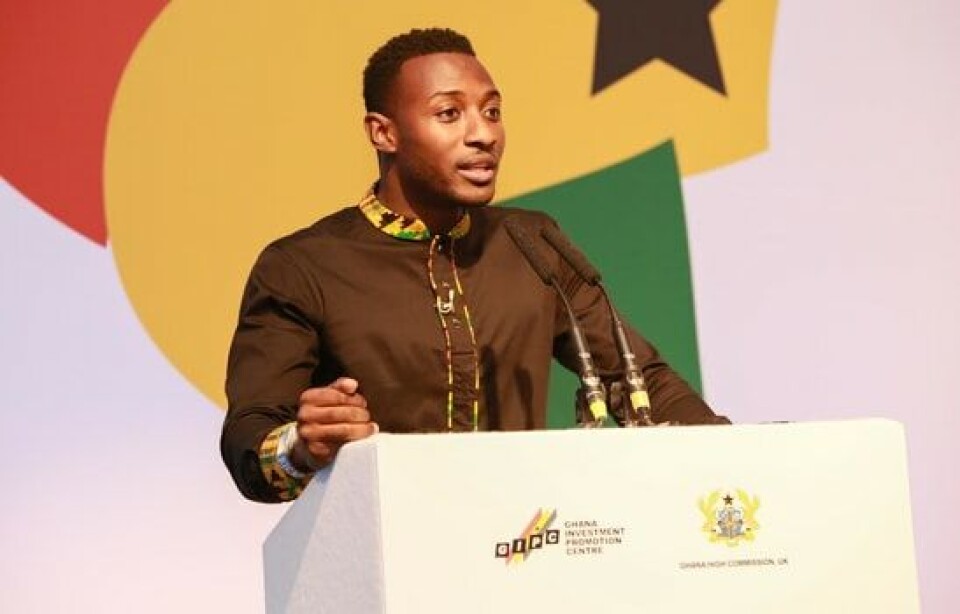Copyright : Re-publication of this article is authorised only in the following circumstances; the writer and Africa Legal are both recognised as the author and the website address www.africa-legal.com and original article link are back linked. Re-publication without both must be preauthorised by contacting editor@africa-legal.com
The Root of Success

Michael Amaning works with Invest In Africa, a not-for-profit organisation with the vision to create prospering African economies. He believes the key for black people’s success is to know their roots. Tania Broughton reports.
Jamaican-born political activist Marcus Garvey said: “A people without knowledge of their past history, origin and culture is like a tree without roots”.
It sums up the motivation behind Amaning’s “A Tribe Called Progress” project, which kicks off in central London next month with a series of lectures exploring African and diasporan communities’ contributions to human civilization and how to progress in the world today.
Amaning was born in the UK to Ghanaian parents. His dad worked for the UN so he lived and visited many African countries before being sent to Chigwell School, a private boarding school in Essex. He was immediately stereo-typed as a Caribbean ‘Yardie' drug dealer.
“This character was not one I had seen growing up in Africa. It was very odd to me.
“To counter this I was looking to my teachers to show me examples of black innovators in maths, science, philosophy, politics or any kind of civilisation.
“All I was taught was about the slave trade and the civil rights movement in the States, but nothing was mentioned about the decades of civil rights struggle in the UK, so I left school thinking that my forefathers had contributed nothing to civilisation and I should be grateful I was not a slave.”
He went on to study international relations and American studies and held various jobs in the civil service, the last one at the Africa Trade Desk, before joining Invest in Africa which connects African SMEs to contracts, skills and finance.
Throughout his business travels he noticed a pattern, that communities with darker skin were the most subjugated and the poorest. And in the UK it was no different. For example, 40% of the Black community live in poverty according to the UK Government.
“It made me question why, and what I was doing with my privilege and resources to make a long-term difference. My work with Invest in Africa allowed me to make that difference in Africa. But I also needed to make a difference for the diasporan communities.”
While doing research for the project, he came across Robin Walker (African Union), a leading historian, “who taught me the rich legacy of African contributions to governance, medicine, science, tech, religion and skills to progress in the 21st century ”.
“Knowing what African and diasporan communities achieved and sacrificed for me to have the opportunities I have today - which is simply not taught at university or school - inspired me.
“It also gave me a whole new perceptive and respect from which to view black people.”
And it is this he aims to impart at his “A Tribe called Progress” lectures.
“If we want to live in an equitable society where everyone can fulfil their potential despite their skin colour, ethnicity or country of origin, then we must first look back at history and figure out why race is still a barrier, what needs to change, what myths and stereotypes must be educated out of us to unite towards progress.
“We must acknowledge the contributions of African predecessors to global advancement and look to see what work still needs to be done to achieve a world where people of colour can go from surviving to thriving.”
For more information click here
